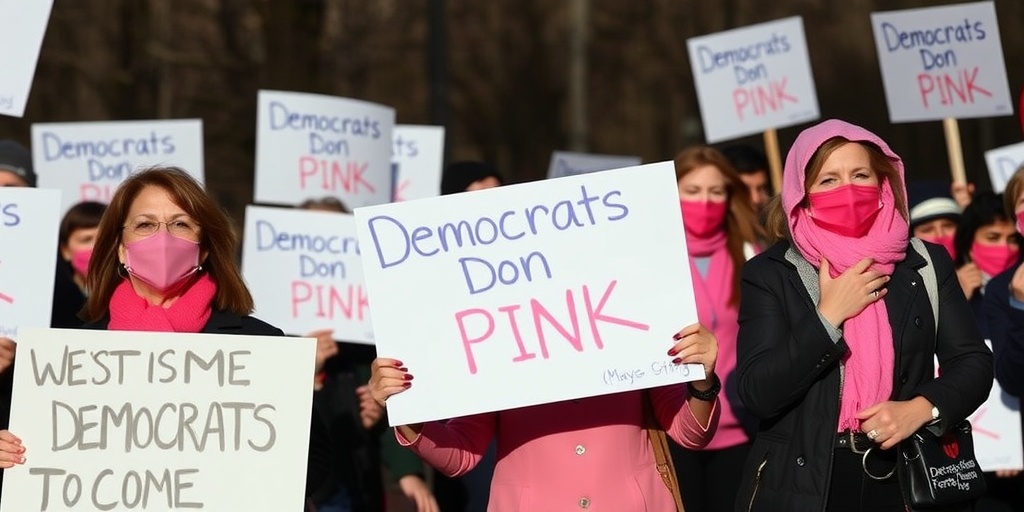Now Reading: Harvard to Offer Free Tuition for More Students
-
01
Harvard to Offer Free Tuition for More Students
Harvard to Offer Free Tuition for More Students
Harvard University to Introduce Free Tuition for Families Earning Up to $200,000
In a significant move aimed at enhancing accessibility to education, Harvard University announced on Monday its plan to provide free tuition to students whose families earn $200,000 or less. This decision comes in the wake of the Supreme Court’s recent ruling that prohibited the use of racial preferences in college admissions, prompting elite institutions to reconsider their financial aid strategies.
The new tuition policy will take effect this fall and marks a substantial increase from the previous threshold of $85,000, above which families were required to pay tuition fees. Harvard’s initiative is part of a broader trend among prestigious universities to expand financial aid offerings, particularly as they grapple with declining enrollment rates of Black and Hispanic students following the affirmative action ban.
President Alan M. Garber expressed the university’s commitment to diversifying its student body while making education more accessible. He emphasized the importance of fostering an environment where students from various backgrounds can learn from each other. "Putting Harvard within financial reach for more individuals widens the array of backgrounds, experiences, and perspectives that all of our students encounter, fostering their intellectual and personal growth,” Garber stated in the announcement.
In recent years, several elite institutions, including the University of Pennsylvania and the Massachusetts Institute of Technology (MIT), have adopted similar policies, offering free tuition for families earning up to $200,000 per year. This shift reflects a growing acknowledgment among universities that increased financial assistance is essential to attract a more diverse pool of applicants, especially when income and race are frequently interconnected.
Richard Kahlenberg, director of the American Identity Project at the Progressive Policy Institute, suggested that enhancing financial aid measures is crucial for universities that aim to attract more students from underrepresented racial and economic backgrounds. “Now that universities can no longer employ racial preferences, if they want racial diversity, the best path forward is to boost the chances of admissions of nonwealthy and working-class students, a disproportionate share of whom are Black and Hispanic,” he noted. He added that to encourage these students to apply and enroll, schools must provide generous financial aid packages.
Harvard’s announcement, while focused on expanding financial aid, also comes at a time of heightened scrutiny from the Trump administration regarding diversity initiatives within higher education institutions. Following the Supreme Court ruling, there has been an observable decline in enrollment rates for Black students at Harvard, dropping from 18 percent to 14 percent over the previous year, though Hispanic enrollment saw a slight increase.
Currently, the annual cost of attending Harvard, which encompasses tuition and housing, hovers at nearly $83,000. Under the new financial aid policy, students from families earning under $100,000 will be required to pay virtually nothing. This comprehensive aid extends beyond tuition, covering fees, food, accommodation, travel expenses between home and school, participation in events, health insurance, winter attire, and even a $2,000 start-up grant for incoming students.
Furthermore, Harvard highlighted that students from families earning up to $200,000 may also qualify for additional financial support, tailored to their specific circumstances. Although the university has spent approximately $275 million on financial aid this year, it has yet to estimate the financial implications of this new initiative.
The decision to enhance financial aid comes at a precarious juncture for Harvard and other universities, as they navigate an increasingly challenging financial landscape. The announcement coincides with Harvard’s recent decision to implement a hiring freeze in anticipation of potential funding cuts and tax increases stemming from policy shifts at the federal level. The cuts have already impacted multiple universities across the nation, particularly in international health and agricultural programs funded by the U.S. Agency for International Development, resulting in significant layoffs.
The political climate surrounding funding for higher education has led to concerns among wealthy universities about potential proposals from congressional Republicans to increase the tax rates on endowments. Currently, the income earned from endowments is taxed at a rate of 1.4 percent, but there have been suggestions to raise this rate to as much as 35 percent. Critics argue that such measures could jeopardize universities’ efforts to provide financial aid and maintain operational stability.
In conclusion, Harvard University’s initiative to provide free tuition for families earning up to $200,000 represents a substantial shift in its approach to financial aid, aiming to enhance educational equity and inclusivity. Whether this decision will effectively attract a more diverse student body remains to be seen, but it underscores the evolving landscape of higher education financing in response to both societal demands and political pressures.
Stay Informed With the Latest & Most Important News
Previous Post
Next Post
-
 01New technology breakthrough has everyone talking right now
01New technology breakthrough has everyone talking right now -
 02Unbelievable life hack everyone needs to try today
02Unbelievable life hack everyone needs to try today -
 03Fascinating discovery found buried deep beneath the ocean
03Fascinating discovery found buried deep beneath the ocean -
 04Man invents genius device that solves everyday problems
04Man invents genius device that solves everyday problems -
 05Shocking discovery that changes what we know forever
05Shocking discovery that changes what we know forever -
 06Internet goes wild over celebrity’s unexpected fashion choice
06Internet goes wild over celebrity’s unexpected fashion choice -
 07Rare animal sighting stuns scientists and wildlife lovers
07Rare animal sighting stuns scientists and wildlife lovers



















